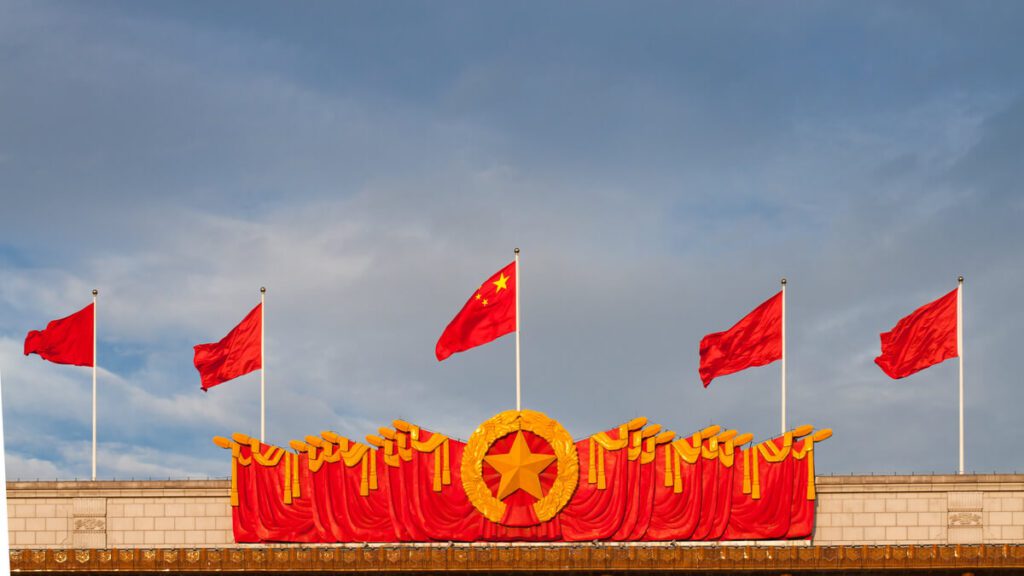
The Chinese government revealed on Wednesday a five-year plan sketching the state’s scheme to strengthen its regulation grasp on much of its economy.
The documentation, referencing Chairman Mao, came as a follow-up to Beijing’s recent regulations wave targeting the nation’s various industries and sectors.
Beijing’s plan clarifies that additional rules will be endorsed to empower China’s most prominent governmental sectors, such as national security, technological innovation, culture, education, and monopolies in the world’s second-largest economy.
The Central Committee of the Communist Party of China (CPC) and the State Council issued the framework of the implementation on the 100th anniversary of the state’s Communist Party which will run till the end of 2025.
“Improve the government under the rule of law to build a scientific and technological security system and build a digital government ruled by law in an all-round way,” the document stated.
“Insist on using the internet, big data, artificial intelligence, and other technical means to promote the administration according to law, focus on the realization of government governance information and the rule of law deep integration, optimize and innovate the government governance process and methods, and vigorously improve the digital level of government construction under the rule of law,” it added.
China’s watchdogs have already initiated anti-monopoly inspections into some of the country’s Big Tech firms, such as Alibaba Holding Ltd., Tencent, ByteDance, and many more.
In April, e-commerce titan Alibaba received a $2.8 billion fine preceding an examination into the company’s monopoly strategies due to the company’s behavior aiming to dominate the market.
In July, Shenzhen-based Tencent was ordered to execute private music listening deals with global record labels. During that same period, Kuaishou, Tencent’s messaging tool QQ, Alibaba’s Taobao, and Weibo were pressured by the state’s authorities to extract any inappropriate child-related content.
As for China’s $120 billion private educational sectors, in July, the state’s authorities revealed an immense revamp where any establishment providing tuition on school curricula must be enlisted a non-profit institution.
“Curriculum subject-tutoring institutions are no allowed to go public for financing; listed companies should not invest in the institutions, and foreign capital is barred from such institution,” the CPC’s plan states.